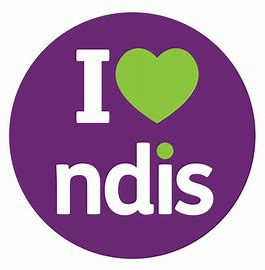National Disability Insurance Scheme(NDIS)

The NDIS helps people with disabilities to achieve their goals, increase their independence, and improve their overall quality of life. The NDIS provides funding for a range of supports and services, including assistance with daily living, therapy and support services, equipment, and home modifications.
The NDIS is designed for people with permanent and significant disabilities, which means that individuals must meet certain eligibility criteria to access the scheme. Eligibility is based on a person's functional capacity, which is assessed through a series of tests and evaluations.
Once a person is deemed eligible for the NDIS, they will work with an NDIS planner to develop an individualised plan that outlines the supports and services they need to achieve their goals. The plan is reviewed on a regular basis to ensure that it is meeting the person's needs and to make any necessary adjustments.
The NDIS provides funding for a wide range of supports and services, including:
- Assistance with daily living: This includes support with tasks such as personal care, meal preparation, and domestic tasks.
- Therapy and support services: This includes occupational therapy, physiotherapy, speech therapy, and psychological services.
- Equipment and assistive technology: This includes mobility aids, communication devices, and home modifications.
- Support for families and carers: This includes respite care, counseling, and support groups.
NDIS also allows people with disabilities to have more control over the support they receive and how it is delivered, by giving them the flexibility to choose their own providers, this is known as 'self-management' or 'plan management'.
The NDIS is designed to be flexible and responsive to the needs of individuals with disabilities, and it is continually evolving to meet the changing needs of the community.
Contact Us
- suite 2/17 Bayfield Street, Rosny Park TAS, Australia
- Head Office
- +undefined-03 6169 2588
- hello@choicesupporttasmania.com.au
- Mon-Fri 9am - 5pm


